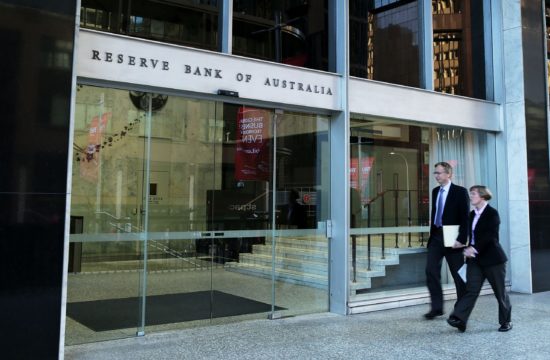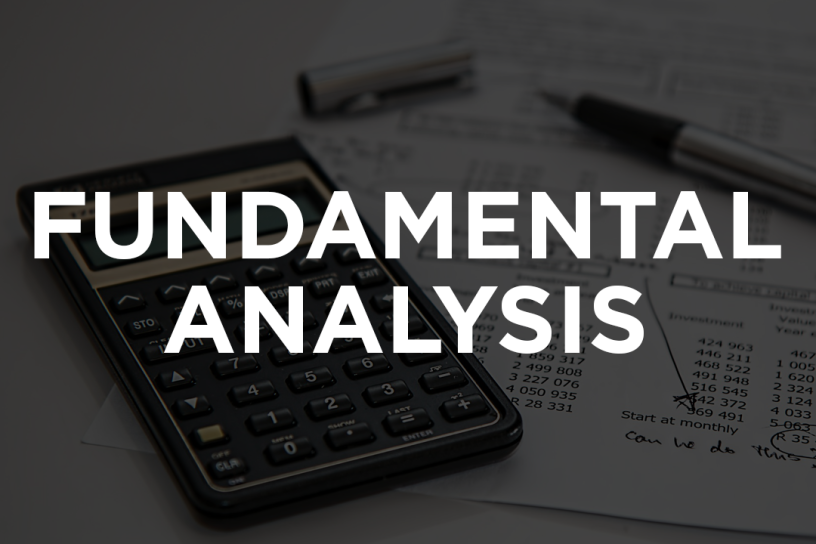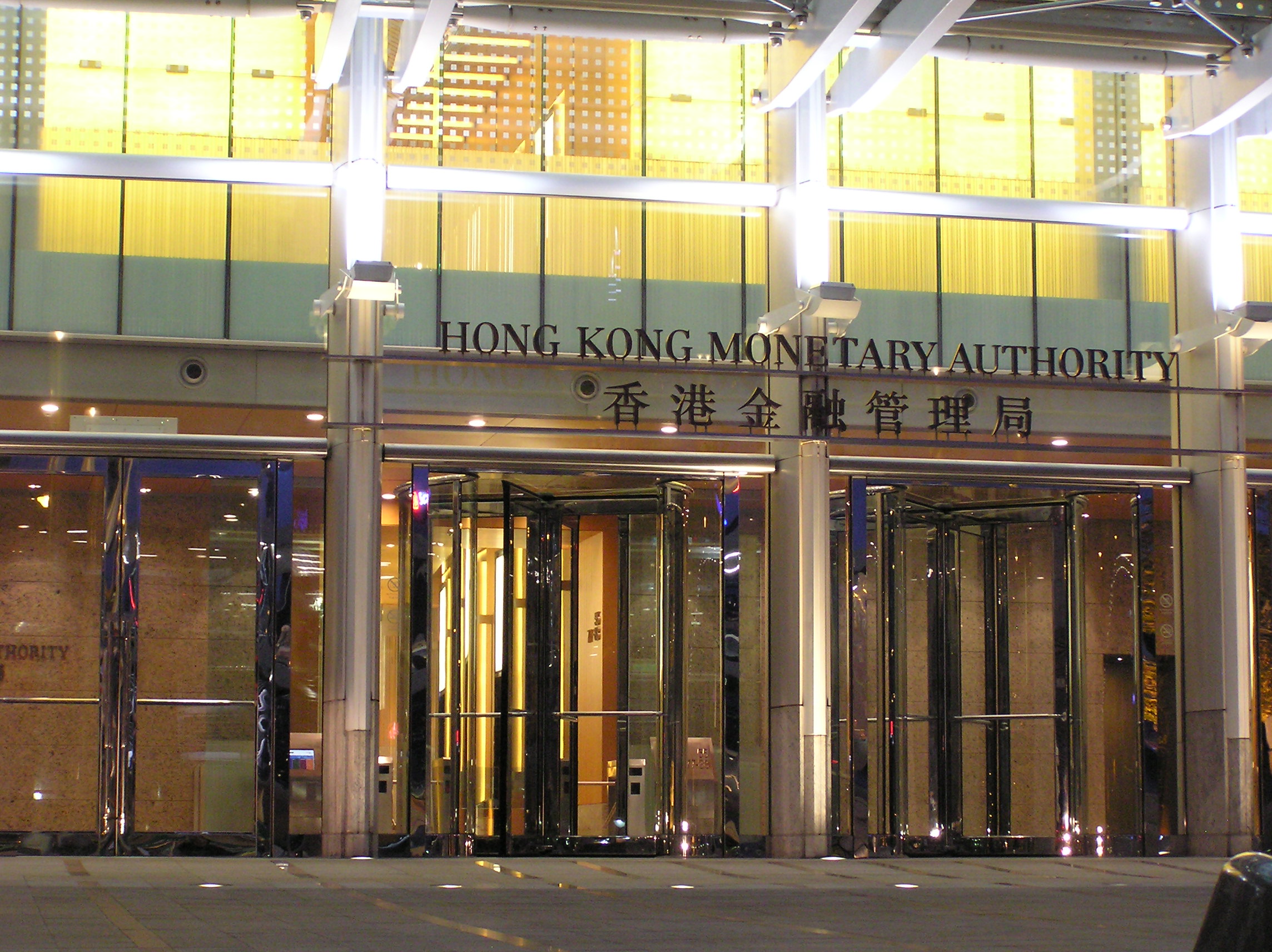Washington, DC – The Covid-19 pandemic is taking a human toll and has unleashed a series of shocks on the Fund’s entire membership, creating severe disruption in the global economic and financial system. As a result, many emerging market and developing country (EMDC) members face urgent and unprecedented financing needs, creating significant immediate demand for Fund resources. In this context, the IMF Executive Board approved proposals to enhance the Fund’s emergency financing toolkit, specifically the Rapid Financing Instrument (RFI), available to all members, and the Rapid Credit Facility (RCF), available only to low-income countries eligible for concessional financing.
“As we are responding to this unprecedented number of calls for emergency financing—from over 90 countries so far—doubling access to our emergency facilities will help us to meet the expected demand of about US$100 billion in financing and provide stronger support to our member countries in addressing the COVID-19 crisis”, IMF Managing Director Kristalina Georgieva said.
These proposals are part of a broader package to ensure a rapid and decisive Fund response to the urgent financing needs of the membership. The Executive Board also adopted complementary proposals to accelerate Board consideration of member financing requests under the RCF and RFI, and assistance under the Catastrophe Containment and Relief Trust (see Streamlining Procedures for Board Consideration of the Fund’s Emergency Financing During Exceptional Circumstances Involving a Pandemic).
Executive Board Assessment [1]
Executive Directors welcomed the timely discussion on enhancing the Fund’s emergency financing toolkit, emphasizing the importance of a rapid and decisive Fund response to COVID‑19 to help members meet their urgent financing needs. To that end, Directors agreed on a temporary increase in access limits under the regular window of the RFI and the exogenous shocks window of the RCF, with annual access limits rising from 50 to 100 percent of quota and cumulative limits rising from 100 to 150 percent of quota, net of scheduled repayments or repurchases, respectively.
Directors agreed that the new access limits would apply for a temporary six‑month period, with a review of the limits as proposed. To facilitate urgent financing requests, most Directors supported the proposal to temporarily suspend the procedures for high access RCF requests under the PRGT. Directors emphasized that this emergency financing provided by the Fund should be truly additional, both for access to the PRGT and GRA. In this regard, many Directors looked forward to exploring ways in which a temporary relaxation in normal access limits could accommodate the surge in emergency lending. Directors also highlighted the important catalytic role of Fund emergency financing in spurring additional resources from other partners.
Directors stressed the importance of carefully monitoring implementation, including by putting in place appropriate safeguards of accountability, transparency, and control to ensure the appropriate use of emergency financing, where governance and corruption vulnerabilities are macro‑critical. Careful consideration will also need to be given to debt sustainability issues.
Directors concurred that the impact of higher RFI access limits on the General Resources Account would be manageable, subject to heightened Covid‑19 uncertainties. However, they recognized that the higher access limits under the RCF would exacerbate growing pressures on PRGT loan resources, and stressed the need for expedited and ambitious fundraising efforts.
Provided that sufficient resources were raised quickly, Directors looked forward to considering an increase in the overall PRGT annual normal access limit. This would provide additional space for PRGT financing later in the year, including blended with potential arrangements in the GRA. In this regard, Directors asked for close assessments of the self‑sustainability of the PRGT. They looked forward to considering additional suggestions to strengthen the Fund’s efforts in the upcoming review of the Fund’s concessional financing.














